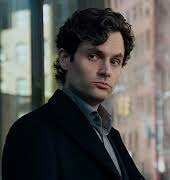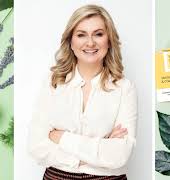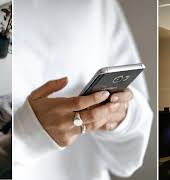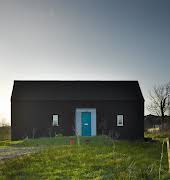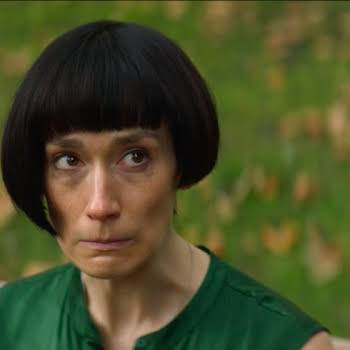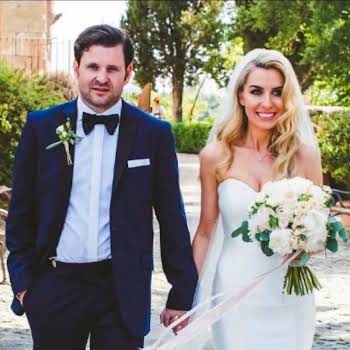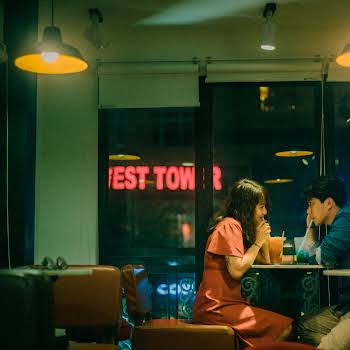
By Amanda Cassidy
07th Apr 2019
07th Apr 2019
Is romance overrated when it comes to the success of lifelong unions? Amanda Cassidy looks at the logic behind marrying a stranger.
Arranged marriages in rural Ireland were a common practice, a mere generation before my time. But it is hard to get our heads around the idea of tying your life to a stranger’s, let alone sharing a bed with someone you hardly know. But there is evidence that arranged marriages have less chance of divorce than those unions when we choose freely. (4% versus 40%). So is it a case of deciding between the heart or the head? Or is anything really that simple?
In India, up to 90% of marriages are still arranged. As an increasingly progressive country, it is a phenomenon that continues to intrigue. Highly educated and westernised youth are still opting to choose an arranged marriage over a free-choice one. A typical marriage of this kind starts off with the individual’s parent’s screening and finding prospective mates through their social circle. There is an initial gathering and the couple get the opportunity for chaperoned dates. Then, both parties get to veto the match or not and decision time is nigh. It is not unusual for this process to only take a few days. A 2013 IPSOS survey found that 75% of young Indians prefer an arranged marriage over a free-choice one.
The science of compatibility
Progressive or not, sometimes social experiments like the TV show, Married at First Sight can be a recipe for disaster. Channel 4’s controversial show saw couples, matched by science, meeting for the first time on their wedding day. The idea is based on a Danish show, and while none of those couples married for the Danish original stayed together, two partnerships from the US version are still going strong, while one couple matched by the show in Bulgaria, another in Germany, and two in Finland reportedly remain a couple. None of the UK-based couples remained together, but the programme’s head of features, Alex Menzies explained why the ‘arranged marriage’ aspect was so intriguing. “A considerable amount of energy has been spent on working out what makes people tick in relationships; I find it really fascinating. The hope was to use the insight that science can give us to find a better fit than you could under your own steam.” Menzies said that the producers deliberately sought to avoid any religious criticisms from groups by only including civil ceremonies and a six week ‘trial period.’ In the casting process, a series of relationship experts matched the couples based on DNA profile, physical data, intelligence and shared social values.
But can an arranged marriage based on science be any substitute for insight from our elder relatives? Who would your parents and grandparents have choosen for you?
Choosing feels like losing
Conventional wisdom tells us that when it comes to making decisions, the more time and effort spent will mean a better choice is made. That isn’t necessarily the case when it comes to marriage and dating. In fact, because the pool is so large (even though it doesn’t always seem like it!) there is no limit to potential mates and no real timeline to do it in. Studies have shown that the less time we take to make a decision, the better the outcome. In one study of IKEA shoppers, researchers found that those who had thought less about which furniture to buy were happier with it a few weeks later.
But nobody is suggesting that choosing a life-partner is as straightforward as closing your eyes and pointing at a lamp (ish) but there is merit in reducing the pool of choice and having those we trust get involved.
Psychologists point out that thinking too hard about too many different options leads us to what is called the “choosing feels like losing” effect. The neverending combinations of tall but scabby, kind but unmotivated, sexy but dull, lean but boring… mean we fall into the trap of looking over our shoulder for the next best thing. Maybe our long and elaborated dating process gives too many options to critically judge potential partners.
NEXT!
As we grow older, we realise that sharing your life with someone is about more than lust. It is about teamwork, their ability to be a good parent to the children you share and how you navigate the peaks and troughs of life together. Of course, you also have to have those things that make your heart beat faster but maybe it is simply about getting the timing right. Can you create those feelings in a marriage after the event? Does it matter?
Define success
I question if my family would have picked my husband out for me. I’m sure they would have picked someone based on their prospects, their education, their values and their generosity. So far, so yes. But would they have noticed his strong arms – the same ones I first noticed on the day I met him and now notice every day? Our little empire might be been shaped differently had we treated marriage like a business arrangement – Cold, hard criteria that would be best left to spreadsheets.
Perhaps it is more about what defines a successful marriage – for some, it is creating the combined wealth to give your offspring the best opportunities in life. For others, it is simply clocking up time. Having someone who makes you feel safe and loved every day is also pretty important. After 10 years of marriage, I understand that romance isn’t what makes a good marriage. It is the up-all-night-with-sick-babies togetherness, knowing someone ‘gets you’ and loves you for it. It’s about moving forward en masse, collecting things like children, sofas and promotions along the way. And it is about having fun along the way.
Is it too frivolous to imagine that you can work towards all of those things without having to organise business arrangements and family politics and status in a community? Can’t you follow your heart and grow together to make the less romantic things work for your shared lives? Why can’t we arrange that?



